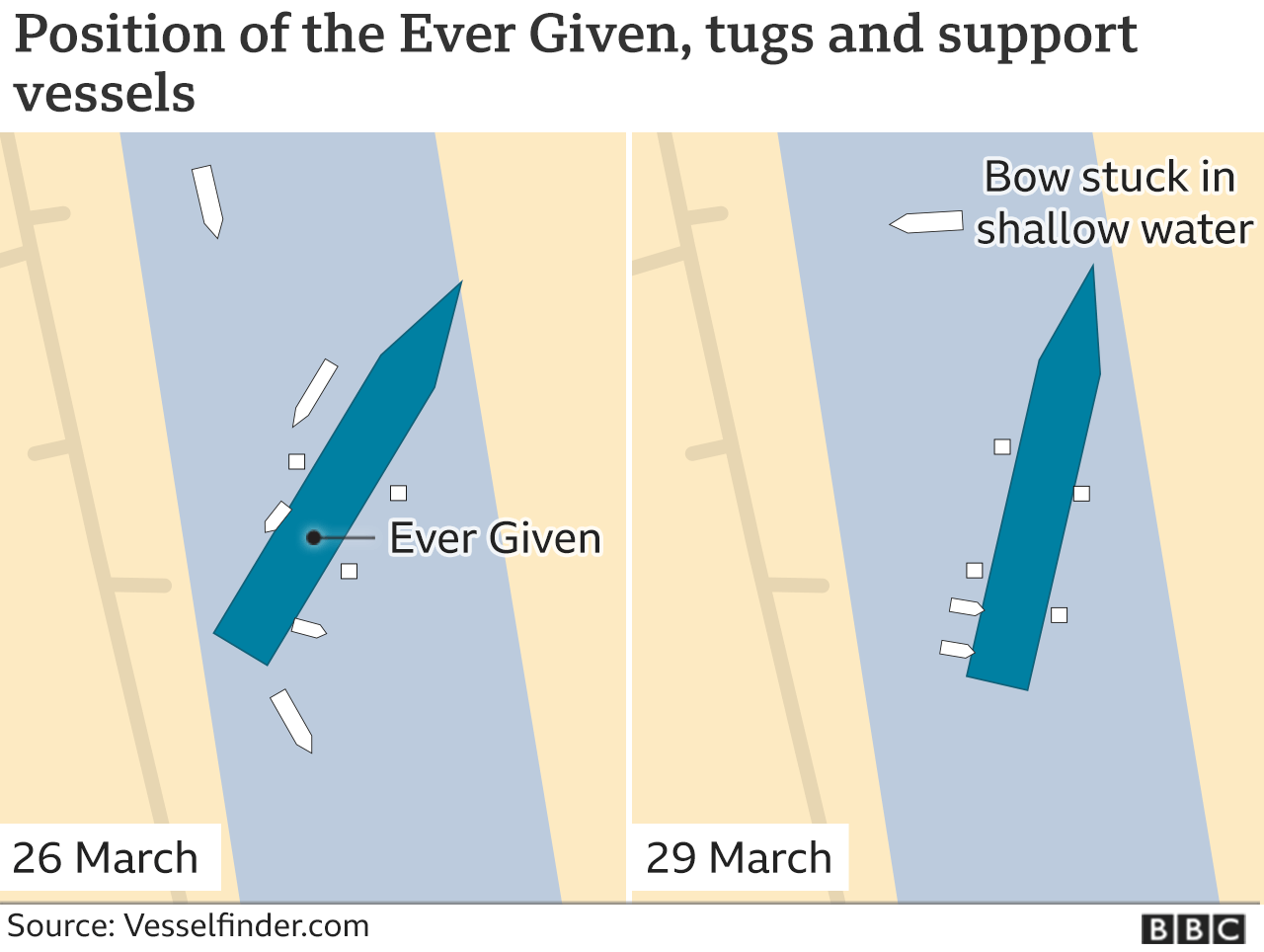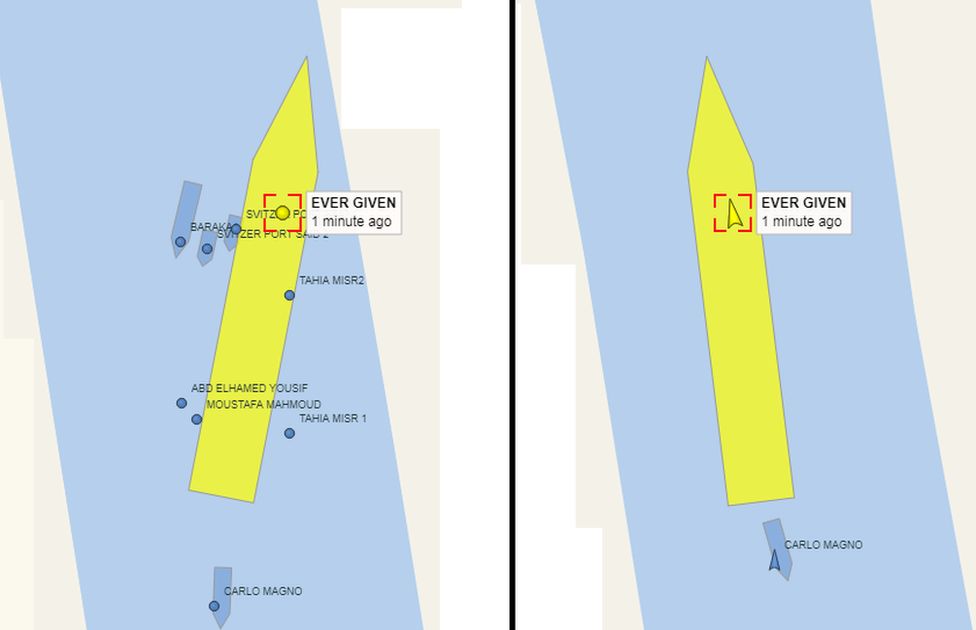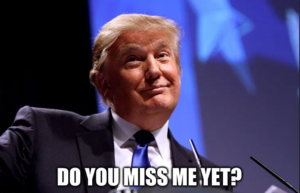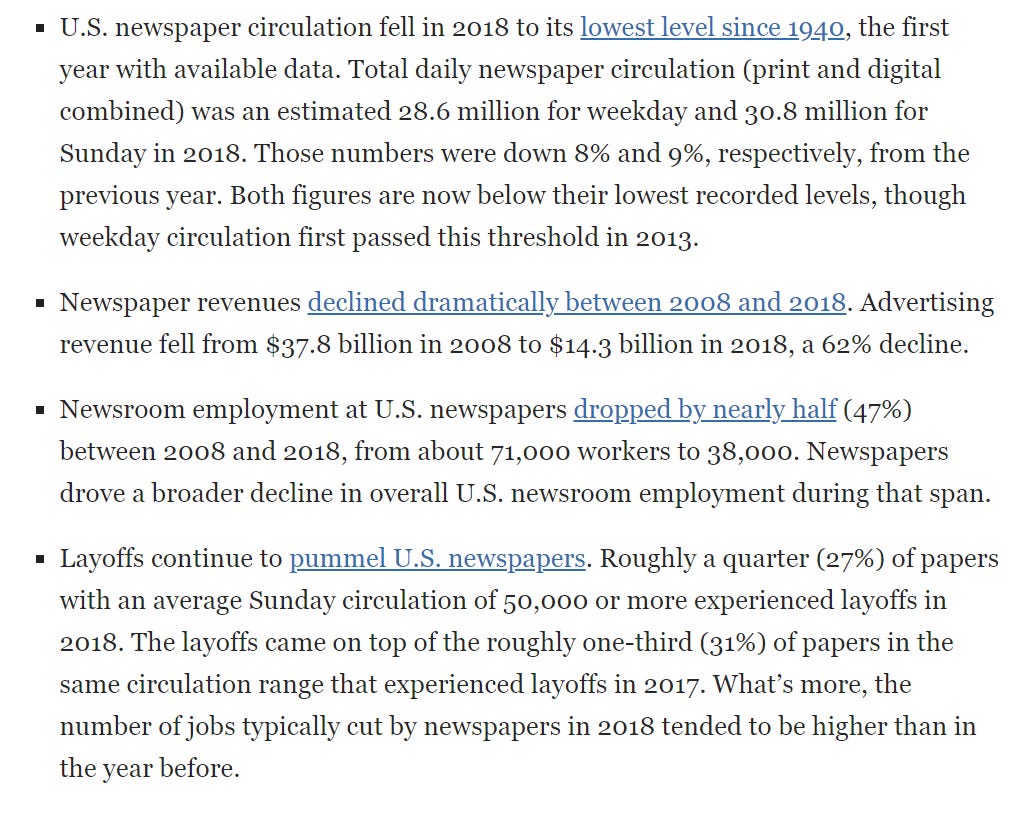Death, taxes, and China’s communist government doing the world dirty are three unchanging verities in the modern world. Here’s a roundup of their recent misdeeds:
Last week in Anchorage, Alaska, Chinese diplomats dressed down Secretary of State Antony Blinken and national security adviser Jake Sullivan. Both seem stunned by the broadsides.
Not since newly elected President John Kennedy was humiliated at the Vienna summit in June 1961 by USSR strongman Nikita Khrushchev have American diplomats been so roughly manhandled by a communist government.
China’s defiant provocations are not just verbal. Nor are they aimed only at our high officials.
New York University students at a satellite campus in Shanghai were manhandled and jailed by Chinese authorities in two separate incidents earlier this month. Some U.S. diplomats in China were recently subjected to anal swab testing for COVID-19—supposedly “in error.”
These examples of humiliation and harassment could be multiplied. China has engaged in the insidious and systematic theft of U.S. patents and copyrights. It brazenly violates trade agreements, manipulates its currency, dumps products below cost on world markets, engages in cyberwarfare, expropriates Western technology, and stonewalls accurate information on the origins of COVID-19.
If China gives out money, it believes it owns the recipient. In the last five years, New York University has received some $47 million in gifts from China.
The U.S. Department of Education recently cited Stanford University for failing to report more than $64 million in donations from Chinese sources since 2010. It’s no surprise that China recently sent a visiting researcher to Stanford who turned out to be connected with the Chinese military.
About 220 Chinese fishing vessels, almost certainly part of China’s maritime militia, are now crowding around Whitsun Reef in the Spratly chain in the South China Sea in another attempt to break apart the Philippines.
Whitsun is where the United States and the region should confront an increasingly expansionist China. The failure of the Obama administration to defend the Philippines in early 2012, in a confrontation similar to today’s, emboldened China’s regime to adopt an even more aggressive posture in its peripheral waters.
Whitsun Reef is inside China’s infamous nine-dash line. The line on official maps defines an area informally known as the “cow’s tongue,” which includes about 85 percent of the South China Sea. Beijing maintains it has sovereignty over every feature there, including Whitsun, which Beijing has named Niue Jiao.
China claims all the waters inside the dashes are sovereign as well, terming them “blue national soil.” There is no legal basis for an assertion of sovereignty of this sort.
Whitsun, which Manila calls Julian Felipe Reef, is 175 nautical miles from Palawan, an island of the Philippines. The feature is within the Philippine “exclusive economic zone” (EEZ), the band of international water 12 to 200 nautical miles from a country’s shoreline.
Since December, large Chinese trawlers have lashed themselves together and parked in formations near Whitsun. Vessels come and go, but the numbers have gone up over time. They have not been engaged in fishing.
Beijing says the boats near Whitsun are sheltering from the weather, but they have not left in periods of sunny skies and calm seas.
Near Whitsun, retired U.S. Navy Capt. James Fanell tells Gatestone, China is building “two concentric rings of new artificial island bases.” The outer ring is defined by Fiery Cross, Subi, and Mischief Reefs. The inside one is defined by Gaven, Johnson, and Hughes Reefs. Whitsun, 10 nautical miles east of Hughes Reef, is inside China’s South China Sea fortress.
Beijing is employing the “Scarborough Model,” says Fanell, a former director of Intelligence and Information Operations at the U.S. Pacific Fleet. President Biden should be no stranger to Scarborough Shoal, also inside the “cow’s tongue.”
Chinese vessels swarmed Scarborough after the Philippines detained Chinese poachers in early 2012. The shoal, just rocks above the high-tide waterline, is strategic because it guards the approaches to Manila and Subic Bays. It is only 124 nautical miles from the main Philippine island of Luzon and about 550 nautical miles from China’s Hainan Island.
That spring, Washington brokered an agreement for both sides to withdraw their craft, but only Manila complied. Beijing has been in firm control of Scarborough Shoal ever since.
The Obama administration, despite the brazen Chinese seizure, decided not to enforce the agreement it had just arranged. As a “senior U.S. military official” told the Washington Post at the time, “I don’t think that we’d allow the U.S. to get dragged into a conflict over fish or over a rock.”
And a goodly number of the idiots running Obama’s foreign policy are now back running Biden’s. (Hat tip: Director Blue.)
Although the United States’ stated policy objective vis-à-vis China is to continue President Donald Trump’s tough stance, the actual performance by the hapless team was anything but tough. Its agenda items included climate change and nuclear nonproliferation. No mention was made, however, of Beijing’s harsh treatment of the Hong Kong democracy movement, its horrific human rights record, or its aggressive behavior against Taiwan and in the South China Sea. Given all of that, plus the CCP’s blatant and brazen interference in U.S. domestic matters, including the espionage and intellectual property theft that helped justify closing China’s Houston consulate last year, at least some of those key issues might have been mentioned.
Some of the reasons for the U.S. delegation’s reticence may have to do with just such Chinese influence operations, which have reached deeply into myriad U.S. institutions. According to the U.S.-China Economic and Security Review Commission, the CCP directs an organization called the United Front Work Department (UFWD), which is under the authority of the CCP Central Committee. The China-United States Exchange Foundation (CUSEF), which, according to a December National Pulse report, operates under the authority of the UFWD, specifically targets U.S. media and journalists, often by sponsoring them for “familiarization trips” to China. The full list of outlets that reportedly gave “favorable coverage” to the CCP includes Fox News, the New York Times, NPR, the Los Angeles Times, Foreign Policy, the Washington Post, The Hill, and many more. Additional mainstream outlets met with CUSEF officials in the United States.
Every one of them either knew or should have known that the mission of the UFWD is to coordinate influence operations—propaganda—both domestically and abroad that stifles all criticism and spreads only positive views of China. Influencing those who influence American perceptions about China and the CCP means special attention for the full spectrum of U.S. media.
In an October 2020 report, Newsweek identified hundreds of channels through which the CCP targeted “businesses, universities and think tanks, social and cultural groups, Chinese diaspora organizations, Chinese-language media and WeChat, the Chinese social media and messaging app.” Social media efforts to manipulate outcomes in the 2020 U.S. presidential election included hundreds of Facebook and Twitter accounts that pumped out divisive messaging.
Snip.
Let us conclude by returning to that Houston consulate, ordered closed in July 2020 by then-Secretary of State Mike Pompeo. It wasn’t just about espionage and intellectual property or technology theft. Chinese cadres posted there also were involved in direct interference in the U.S. political process, including encouraging and supporting Antifa and the Black Lives Matter (BLM) movement street protests.
According to an August 2020 report in China Scope, which itself cited a Mandarin language report from Radio Free Asia in that same month, the Second Chief Directorate of the People’s Liberation Army (PLA)—its intelligence unit—sent staff members to the Houston consulate with a specific mission. That mission was to use data-mining technology to identify Americans who might be susceptible to messaging about participating in Antifa and BLM street protests. They then used the Tik Tok app to send those individuals videos on how to organize riots. Gordon Chang was right when he called CCP meddling ahead of the 2020 presidential election “an act of war.”
At the Anchorage talks, Chinese diplomat Yang Jiechi had the unmitigated gall to throw Black Lives Matter directly into Blinken’s face, saying: “The challenges facing the United States in human rights are deep-seated. They did not just emerge over the past four years, such as ‘Black Lives Matter.’” Blinken and his team, likely clueless about what went on at Beijing’s Houston consulate, offered not a murmur of protest.
It’s worth mentioning that Alicia Garza, one of the three self-avowed Marxists who founded the Black Lives Matter movement, with a background in the Maoist Freedom Road Socialist Organization, also runs a network of affiliated organizations. One of these is the Black Futures Lab. A click on the website’s “donate” button goes to a page that states: “Black Futures Lab is a fiscally sponsored project of the Chinese Progressive Association.” Despite group denials of any affiliation between the two, there is no question that the CPA is supportive of the People’s Republic of China.
(Hat tip: Ace of Spades HQ.)
For my last column I spoke with The New York Times’ Thomas Friedman about an article he wrote more than a decade ago, during the first year of Barack Obama’s presidency. His important piece documents the exact moment when the American elite decided that democracy wasn’t working for them. Blaming the Republican Party for preventing them from running roughshod over the American public, they migrated to the Democratic Party in the hopes of strengthening the relationships that were making them rich.
A trade consultant told Friedman: “The need to compete in a globalized world has forced the meritocracy, the multinational corporate manager, the Eastern financier and the technology entrepreneur to reconsider what the Republican Party has to offer. In principle, they have left the party, leaving behind not a pragmatic coalition but a group of ideological naysayers.”
In the more than 10 years since Friedman’s column was published, the disenchanted elite that the Times columnist identified has further impoverished American workers while enriching themselves. The one-word motto they came to live by was globalism—that is, the freedom to structure commercial relationships and social enterprises without reference to the well-being of the particular society in which they happened to make their livings and raise their children.
Undergirding the globalist enterprise was China’s accession to the World Trade Organization in 2001. For decades, American policymakers and the corporate class said they saw China as a rival, but the elite that Friedman described saw enlightened Chinese autocracy as a friend and even as a model—which was not surprising, given that the Chinese Communist Party became their source of power, wealth, and prestige. Why did they trade with an authoritarian regime and send millions of American manufacturing jobs off to China thereby impoverish working Americans? Because it made them rich. They salved their consciences by telling themselves they had no choice but to deal with China: It was big, productive, and efficient and its rise was inevitable. And besides, the American workers hurt by the deal deserved to be punished—who could defend a class of reactionary and racist ideological naysayers standing in the way of what was best for progress?
Returning those jobs to America, along with ending foreign wars and illegal immigration, was the core policy promise of Donald Trump’s presidency, and the source of his surprise victory in 2016. Trump was hardly the first to make the case that the corporate and political establishment’s trade relationship with China had sold out ordinary Americans. Former Democratic congressman and 1988 presidential candidate Richard Gephardt was the leading voice in an important but finally not very influential group of elected Democratic Party officials and policy experts who warned that trading with a state that employed slave labor would cost American jobs and sacrifice American honor. The only people who took Trump seriously were the more than 60 million American voters who believed him when he said he’d fight the elites to get those jobs back.
What he called “The Swamp” appeared at first just to be a random assortment of industries, institutions, and personalities that seemed to have nothing in common, outside of the fact they were excoriated by the newly elected president. But Trump’s incessant attacks on that elite gave them collective self-awareness as well as a powerful motive for solidarity. Together, they saw that they represented a nexus of public and private sector interests that shared not only the same prejudices and hatreds, cultural tastes and consumer habits but also the same center of gravity—the U.S.-China relationship. And so, the China Class was born.
Connections that might have once seemed tenuous or nonexistent now became lucid under the light of Trump’s scorn, and the reciprocal scorn of the elite that loathed him.
A decade ago, no one would’ve put NBA superstar LeBron James and Apple CEO Tim Cook in the same family album, but here they are now, linked by their fantastic wealth owing to cheap Chinese manufacturing (Nike sneakers, iPhones, etc.) and a growing Chinese consumer market. The NBA’s $1.5 billion contract with digital service provider Tencent made the Chinese firm the league’s biggest partner outside America. In gratitude, these two-way ambassadors shared the wisdom of the Chinese Communist Party with their ignorant countrymen. After an an NBA executive tweeted in defense of Hong Kong dissidents, social justice activist King LeBron told Americans to watch their tongues. “Even though yes, we do have freedom of speech,” said James, “it can be a lot of negative that comes with it.”
Because of Trump’s pressure on the Americans who benefited extravagantly from the U.S.-China relationship, these strange bedfellows acquired what Marxists call class consciousness—and joined together to fight back, further cementing their relationships with their Chinese patrons. United now, these disparate American institutions lost any sense of circumspection or shame about cashing checks from the Chinese Communist Party, no matter what horrors the CCP visited on the prisoners of its slave labor camps and no matter what threat China’s spy services and the People’s Liberation Army might pose to national security. Think tanks and research institutions like the Atlantic Council, the Center for American Progress, the EastWest Institute, the Carter Center, the Carnegie Endowment for International Peace, Johns Hopkins School of Advanced International Studies, and others gorged themselves on Chinese money. The world-famous Brookings Institution had no scruples about publishing a report funded by Chinese telecom company Huawei that praised Huawei technology.
The billions that China gave to major American research universities, like $58 million to Stanford, alarmed U.S. law enforcement, which warned of Chinese counterintelligence efforts to steal sensitive research. But the schools and their name faculty were in fact in the business of selling that research, much of it paid for directly by the U.S. government—which is why Harvard and Yale among other big-name schools appear to have systematically underreported the large amounts that China had gifted them.
Indeed, many of academia’s pay-for-play deals with the CCP were not particularly subtle. In June 2020, a Harvard professor who received a research grant of $15 million in taxpayer money was indicted for lying about his $50,000 per month work on behalf of a CCP institution to “recruit, and cultivate high-level scientific talent in furtherance of China’s scientific development, economic prosperity and national security.”
But if Donald Trump saw decoupling the United States from China as a way to dismantle the oligarchy that hated him and sent American jobs abroad, he couldn’t follow through on the vision. After correctly identifying the sources of corruption in our elite, the reasons for the impoverishment of the middle classes, and the threats foreign and domestic to our peace, he failed to staff and prepare to win the war he asked Americans to elect him to fight.
And because it was true that China was the source of the China Class’ power, the novel coronavirus coming out of Wuhan became the platform for its coup de grace. So Americans became prey to an anti-democratic elite that used the coronavirus to demoralize them; lay waste to small businesses; leave them vulnerable to rioters who are free to steal, burn, and kill; keep their children from school and the dying from the last embrace of their loved ones; and desecrate American history, culture, and society; and defame the country as systemically racist in order to furnish the predicate for why ordinary Americans in fact deserved the hell that the elite’s private and public sector proxies had already prepared for them.
Snip.
Even the Trump administration was split between hawks and accommodationists, caustically referred to by the former as “Panda Huggers.” The majority of Trump officials were in the latter camp, most notably Treasury Secretary Steven Mnuchin, a former Hollywood producer. While the film industry was the first and loudest to complain that China was stealing its intellectual property, it eventually came to partner with, and appease, Beijing. Studios are not able to tap into China’s enormous market without observing CCP redlines. For example, in the upcoming sequel to Top Gun, Paramount offered to blur the Taiwan and Japan patches on Tom Cruise’s “Maverick” jacket for the Chinese release of the film, but CCP censors insisted the patches not be shown in any version anywhere in the world.
In the Trump administration, says former Trump adviser Spalding, “there was a very large push to continue unquestioned cooperation with China. On the other side was a smaller number of those who wanted to push back.”
Apple, Nike, and Coca Cola even lobbied against the Uyghur Forced Labor Prevention Act. On Trump’s penultimate day in office, his Secretary of State Mike Pompeo announced that the United States has “determined that the People’s Republic of China is committing genocide and crimes against humanity in Xinjiang, China, targeting Uyghur Muslims and members of other ethnic and religious minority groups.” That makes a number of major American brands that use forced Uyghur labor—including, according to a 2020 Australian study, Nike, Adidas, Gap, Tommy Hilfiger, Apple, Google, Microsoft, and General Motors—complicit in genocide.
Read the whole thing.
Blinken said in January that he agreed with a determination by his predecessor, Mike Pompeo, that China was committing genocide and crimes against humanity in Xinjiang, which China denies.
In addition to the “more than one million” Uighurs and other Muslim ethnic minority groups it said were in extrajudicial internment camps, the report said there were “an additional two million subjected to daytime-only ‘re-education’ training”, a new reference not included in the previous year’s report.
Property owners in areas around Beijing have been giving away their flats rather than continue to pay their mortgages, after four straight years of dropping values have left their homes worth less than their outstanding loans, according to a report from Xinhua News Agency.
The report said Hebei province homeowners in the cities of Sanhe and Zhuozhou, as well as in Gu’an county, have been unable to sell their properties in the current market downturn. They have chosen to give away their properties, accepting the financial loss, because they can no longer afford to cover the debt.
Zhang Yumei, an economics professor at Hebei University, commented that such flats are not really free, because the new owners must pay the outstanding mortgage. It would actually be cheaper to buy a new flat if the price of a second-hand unit has dropped more than 30%, because such a drop would leave it in negative equity, she added. Besides, nobody will take a “free” flat unless they can get a discount from the mortgage issuer, Zhang said.
A Xinhua reporter found that the property business in the Hebei town of Yanjiao has been hard hit by the downturn in values. Many shops that housed property agents have turned to other kinds of businesses, the reporter said.
Of course, the Wuhan coronavirus didn’t help…
Tony, an Italian friend and business owner, asked his Chinese employee to clean up a document, add a vertical line on the left and have all text aligned with that line. When he was handed the document back, the requested line was there, some text was aligned with it but some still wasn’t.
When Tony pointed out to his employee that not everything lined up perfectly, she was genuinely surprised. From her perspective the alignment was “chabuduo”, good enough.
Reporter (1/25/2021): Biden "suspended a Trump Administration executive order that was aimed at keeping foreign countries, specifically China, from interfering in the U.S. Power grid… why did he do that?" pic.twitter.com/q6KamEMT41
— Eddie Zipperer (@EddieZipperer) February 20, 2021




